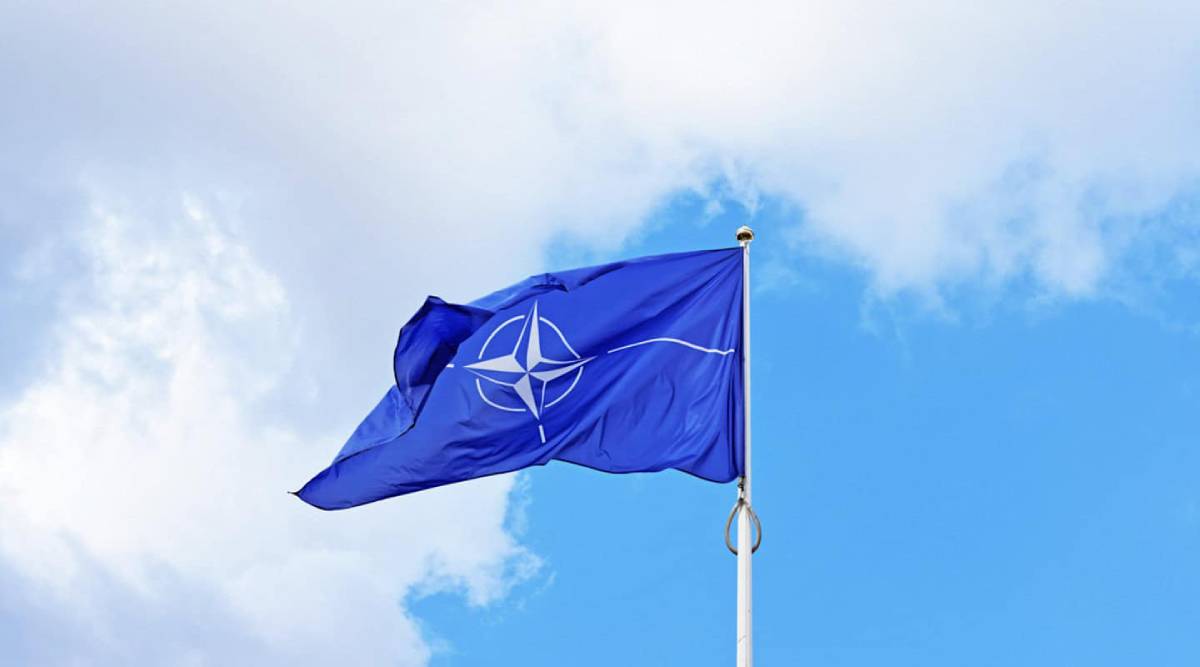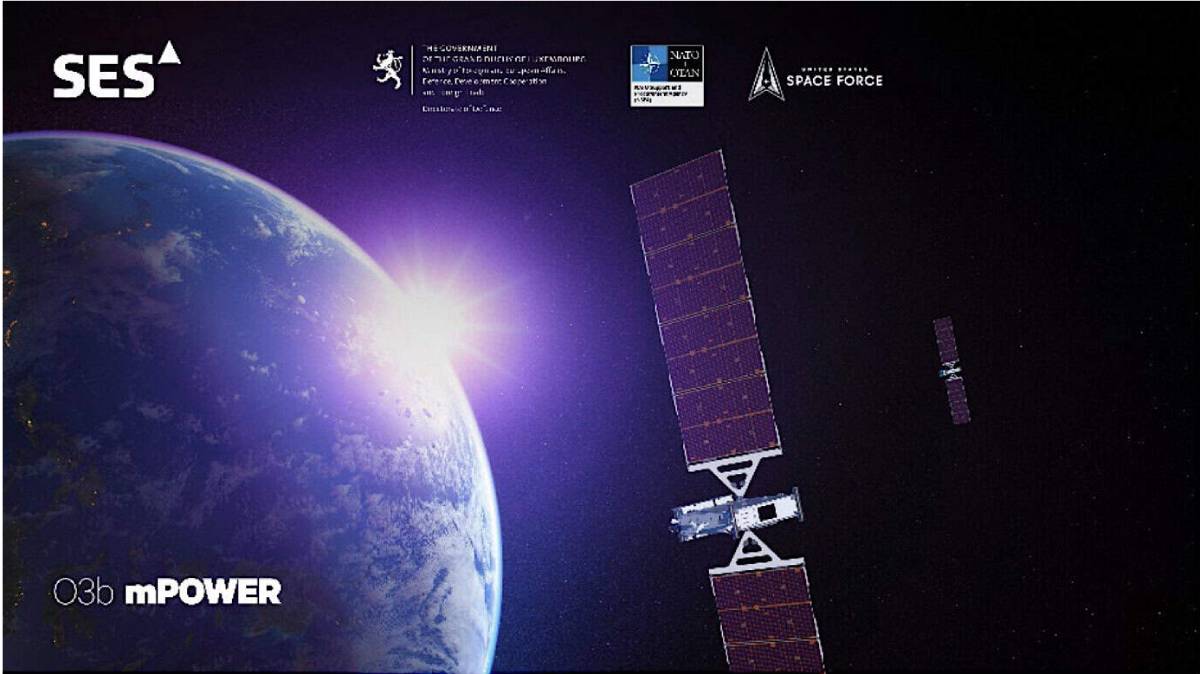Originally published by Space Intel Report on June 24, 2025. Read the original article here.
 (Source: NATO)
(Source: NATO)
LA PLATA, Maryland — The 32-nation NATO alliance’s Commercial Space Strategy brings it closer to a role in promoting interoperability of commercial space assets of use to NATO without violating the policy that while NATO can purchase space services, it cannot own space systems.
The policy was released June 24 on the occasion of the June 24-25 NATO Summit in The Hague, Netherlands. It is the latest step in a process that began in 2019, when NATO members adopted a broad space policy and formally recognized space as an operating domain.
Much of the policy appears to be creating levers to encourage member nations to coordinate the use of space systems by making these assets interoperable among themselves and with NATO nations’ own satellites.
Whether NATO ultimately would act as a purchaser of capacity on behalf the alliance, benefiting from volume discounts or priority access, is not clearly referenced in the strategy. But it comes close.
“NATO will establish a new Space Capabilities Group under the Conference of National Armaments Directors to provide Allies with a single venue to better promote cooperation and standardization in the area of Space,” the policy document says.
“The group will support the development of NATO and national operational capabilities and will aim to enhance capability, interoperability, availability, maintainability and affordability. The Space Capabilities Group will seek to create synergy among the procurement, research, technology and commercial communities.”
The document also makes clear that “Allies will provide guidance on NATO space capability efforts and leverage access to commercial services, complementary to capabilities provided primarily and directly by Allied governments.”
NATO for many years has purchased access to milsatcom capacity operated by the United States, France, Britain and Italy under a long-term contract.
 (Source: NATO)
(Source: NATO)
In October 2022, it created the Commercially Contracted Satcom Support Partnership, GCC Satcom SP, with Luxembourg and the United States and in September 2024 the NATO Support and Procurement Agency (NSPA) signed its first contracted under GCC Satcom SP, with SES of Luxembourg for broadband capacity from SES’s O3b mPower constellation in medium-Earth orbit.
Preparing for its Commercial Space Strategy, NATO in February 2024 opened a “strategic dialogue” with some 300 commercial space companies under the NATO Industrial Advisory Group (NIAG), called NIAG-Spacenet. The meetings highlighted the challenges that commercial companies face in dealing with NATO.
“Industry has highlighted the great potential of increased commercial integration and stressed the importance of establishing a space industry interface at NATO, developing flexible and streamlined contracting approaches and enabling frequent commercial participation in training and exercises,” the policy document says.
The commercial space sector and the US Space Force are struggling with challenges in their own attempts to work more closely together, including what compensation should be paid to commercial companies to giving the US military priority access to satellite capacity in a time of crisis without violating industry contracts with the private sector.
“Allies and NATO will work to ensure that commercial space services are readily available during peacetime, crisis and conflict,” the policy says. But demand on certain types of satellites serves during a crisis can ramp up immediately, from both commercial customers and governments.
“NATO will map requirements across main operational and functional areas to assess which areas could be enabled and enhanced by commercial contributions – integrated with national contributions, while considering ways to reduce risks and avoiding over-reliance on any single provider or solution.
“NATO will develop, in consultation with industry, an Implementation Plan to deliver the Strategic Objectives, keep the strategy under review and update it as necessary,” the policy says.
Finnish radar satellite constellation operator Iceye on June 24 said it had contracted with NATO Allied Command Operations for use of Iceye data as part of the Alliance Persistent Surveillance from Space (APSS) program.
Originally published by Space Intel Report on June 24, 2025. Read the original article here.
